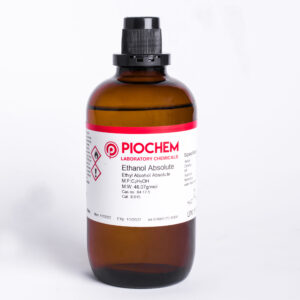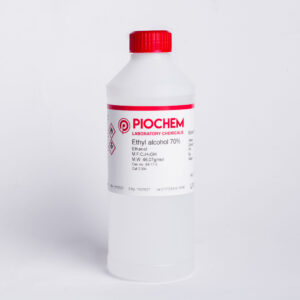Barium nitrate is an inorganic compound with the chemical formula Ba(NO₃)₂. It is a colorless, crystalline solid that is highly soluble in water. Barium nitrate is known for its oxidizing properties and is used in various applications, particularly in the pyrotechnics and explosives industries.
Properties:
- Appearance: Colorless, crystalline solid
- Molecular Weight: 261.34 g/mol
- Density: 3.24 g/cm³
- Melting Point: 592°C
- Solubility: Soluble in water, insoluble in alcohol
Uses:
- Pyrotechnics: Barium nitrate is commonly used in pyrotechnic compositions to produce green flames. It is a vital component in fireworks and signal flares due to its ability to emit bright green light when burned.
- Explosives: It is used in the manufacturing of certain explosives and detonators. Barium nitrate acts as an oxidizer, enhancing the combustion process.
- Glass and Ceramics: It is used in the production of special glasses and ceramics, where it improves the optical and physical properties of the final product.
- Heat Treatment: In the metallurgy industry, barium nitrate is used in heat treatment processes to harden steel. It helps in the formation of a hard, wear-resistant surface.
- Laboratory Reagent: Barium nitrate is used as a reagent in chemical laboratories for various analytical and synthesis purposes.
Safety:
- It is toxic and should be handled with care. Inhalation, ingestion, or skin contact can cause serious health issues, including respiratory problems, gastrointestinal disturbances, and skin irritation.
- It is a strong oxidizer and can intensify fires or cause explosions if it comes into contact with flammable materials.
Chemical Reactions:
- It decomposes upon heating, releasing oxygen and forming barium oxide (BaO) and nitrogen dioxide (NO₂).
- It reacts with sulfuric acid (H₂SO₄) to form barium sulphate (BaSO₄) and nitric acid (HNO₃).
In summary, barium nitrate is a versatile compound used in pyrotechnics, explosives, glass and ceramics production, heat treatment, and as a laboratory reagent. Its properties, particularly its oxidizing nature, make it valuable in various applications, but it must be handled with care due to its toxicity and reactivity.





Reviews
There are no reviews yet.